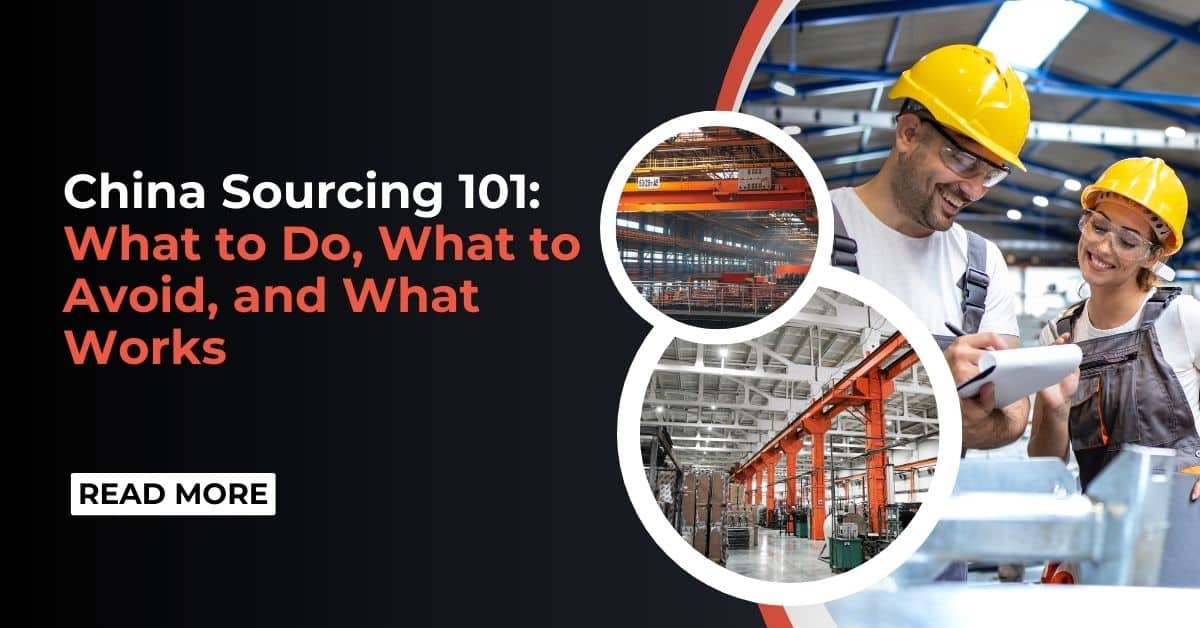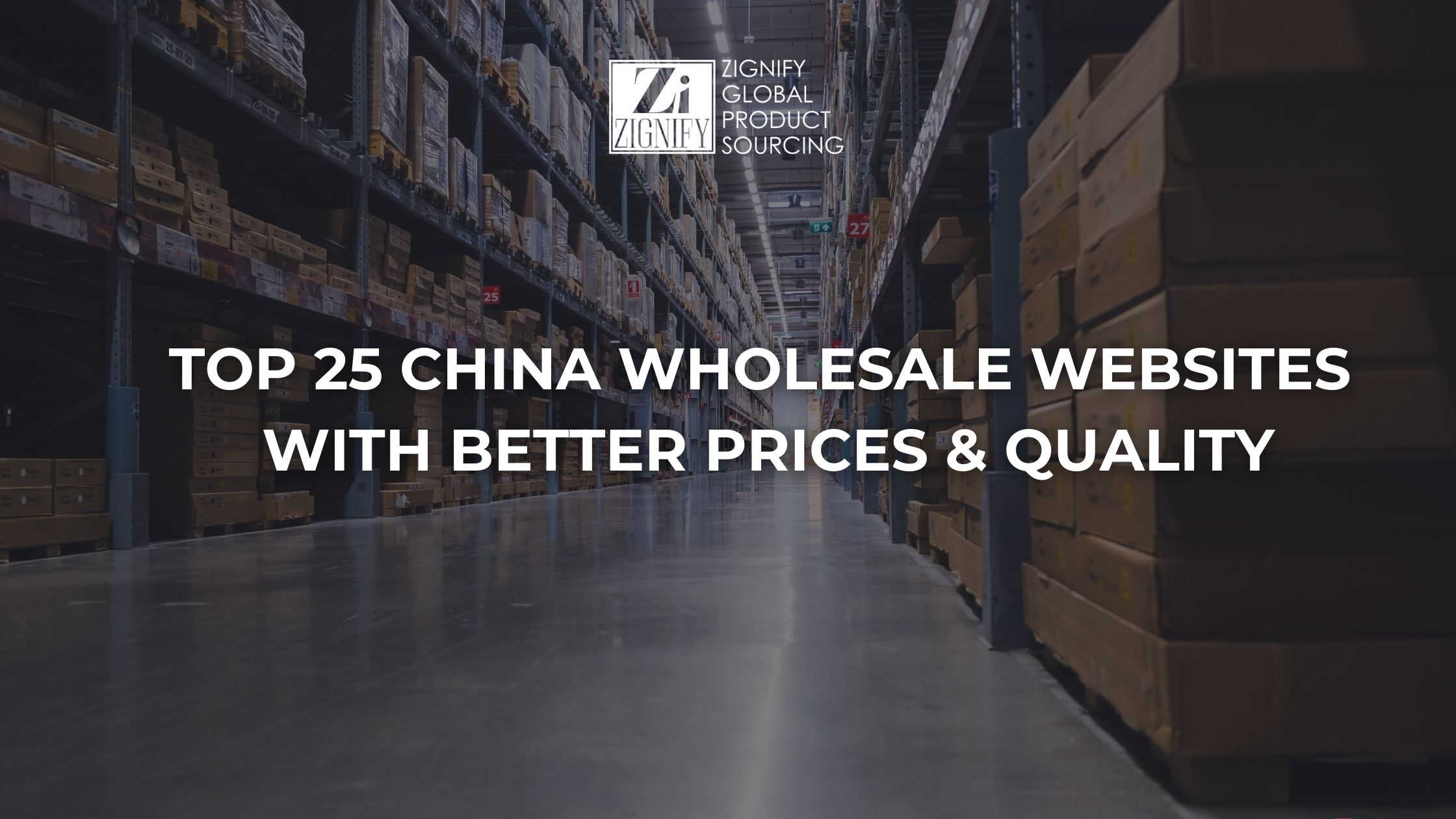Blog
U.S. Aluminum Prices Are Surging: What It Means for Your Business and Everyday Products
Explore how U.S. aluminum price hikes affect consumer product costs...
Discover MoreEffective Strategies for Safeguarding Your IP When Manufacturing In China
Learn effective strategies to protect your intellectual property (IP) when...
Discover MoreMetal & Machined Components – What You Need to Know Before Sourcing Internationally
Learn the best countries for sourcing metal components in 2025,...
Discover More20 Top Wholesale Sites in Vietnam and Indonesia (2026 Guide)
Discover differences between nearshoring, offshoring, reshoring & onshoring for global...
Discover MoreBest China Sourcing Agent in 2026: Reliable, Transparent & End-to-End – Trusted by 4000+ Clients
Discover the best China sourcing agent in 2026. Learn why...
Discover MoreBest End-to-End Product Sourcing China: Zignify Global Product Sourcing
Discover why Zignify Global leads in Product Sourcing China, from...
Discover MoreHow to Choose a Yiwu Sourcing Agent/Company for Your Business
Discover how to select the right Yiwu sourcing agent for...
Discover MoreThe Complete Guide to Product Sourcing in China
Learn how to source products from China with confidence. Discover...
Discover MoreHow to Choose the Right Company for your Product Sourcing Company in China (Checklist + Red Flags)
Looking for a reliable product sourcing company in China? Learn...
Discover MoreTop 25 China Wholesale Websites Offering Better Prices and Quality Than Alibaba
Discover 25 China wholesale websites offering better prices and high-quality...
Discover More









